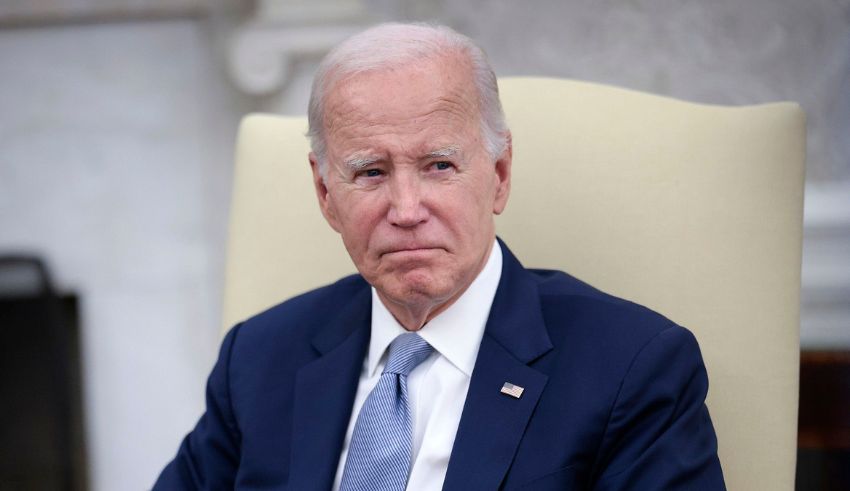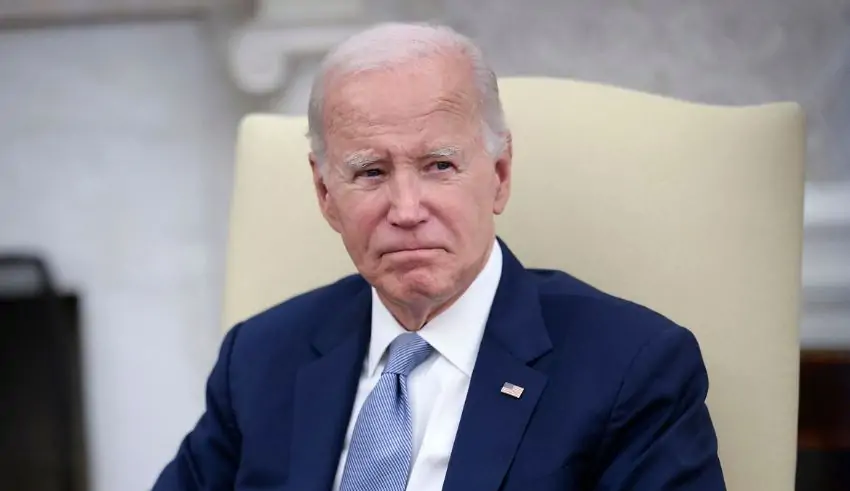

(C) CNN
Last updated on February 5th, 2024 at 01:13 pm
Iran and its proxies pose a serious challenge to the US and its allies in the Middle East, as they pursue their interests and agendas through a range of malign activities, such as nuclear and missile development, support for terrorism, interference in regional conflicts, and cyberattacks. Iran and its proxies have also been responsible for several attacks on US troops and facilities in the region, such as the 2023 drone strike on a US base in Jordan that killed three American soldiers, and the 2024 rocket attack on the US embassy in Baghdad that wounded several staff members.
President Joe Biden faces a dilemma on how to deal with Iran and its proxies, as he seeks to balance his objectives of preventing Iran from acquiring a nuclear weapon, restoring the US’ credibility and leadership in the region, and avoiding another costly and unpopular war in the Middle East.
Biden has several options to address the challenge posed by Iran and its proxies, such as:
Option 1: Revive the nuclear deal and engage in diplomacy. Biden could revive the 2015 nuclear deal, known as the Joint Comprehensive Plan of Action (JCPOA), which imposed limits on Iran’s nuclear program in exchange for sanctions relief. Biden has expressed his willingness to rejoin the JCPOA, if Iran returns to full compliance with its obligations, and to use it as a platform for further negotiations on other issues of concern, such as Iran’s missile program and regional behavior. Biden could also engage in diplomacy with Iran and its proxies, and with other regional and international actors, to de-escalate tensions and to promote dialogue and cooperation.
Option 2: Maintain the maximum pressure campaign and deterrence. Biden could maintain the maximum pressure campaign and deterrence, which were initiated by his predecessor, Donald Trump, who withdrew from the JCPOA in 2018 and reimposed sanctions on Iran. Biden could continue to impose economic and diplomatic pressure on Iran and its proxies, and to support the opposition and civil society movements inside Iran. Biden could also continue to enhance the US’ military presence and capabilities in the region, and to respond to any attacks or provocations by Iran and its proxies with force and precision.
Option 3: Pursue a regional security framework and cooperation. Biden could pursue a regional security framework and cooperation, which would involve the US and its allies and partners in the region, such as Israel, Saudi Arabia, the UAE, and Egypt, as well as other stakeholders, such as Russia, China, and the EU. Biden could seek to establish a common understanding and vision for the region’s security and stability, and to address the root causes and drivers of the conflicts and crises in the region, such as the Israeli-Palestinian issue, the Syrian civil war, the Yemeni civil war, and the Iraqi political transition.
Biden’s choice of option will have significant implications for the US and the region, such as:
Biden’s choice of option will affect the US’ relations and reputation with its allies and adversaries, as it will signal the US’ commitment and credibility to its friends and foes, and to its values and interests. The option of reviving the nuclear deal and engaging in diplomacy could improve the US’ relations and reputation with Iran and its proxies, and with the EU and other supporters of the JCPOA, but could strain the US’ relations and reputation with Israel and some of the Arab states, and with the Republicans and some of the Democrats in Congress.
The option of maintaining the maximum pressure campaign and deterrence could improve the US’ relations and reputation with Israel and some of the Arab states, and with the Republicans and some of the Democrats in Congress, but could worsen the US’ relations and reputation with Iran and its proxies, and with the EU and other critics of the JCPOA. The option of pursuing a regional security framework and cooperation could improve the US’ relations and reputation with all the regional and international actors, but could also face challenges and obstacles from the divergent and competing interests and agendas of the parties involved.
Recognising the importance of sports especially for women has been raised globally to foster the empowerment of women through sports.…
Bill McCartney died Friday night in Colorado at the age of 84. This Hall of Fame college football coach got…
The well-known South Korean Actor Lee Yoon-hee passed away on January 11, 2025 at 64 but the reports state that…
Netflix is popular globally for presenting varieties of stories from diverse parts of the world with no compromise in delivering…
The first week of January 2025 is dominated by many debut songs and albums which have been launched globally &…
The warm and colorful program “Spring Border Guard Warms the hearts of the Villagers” has been held on Friday and…
This website uses cookies.
Read More